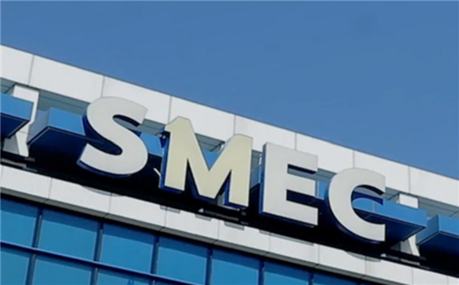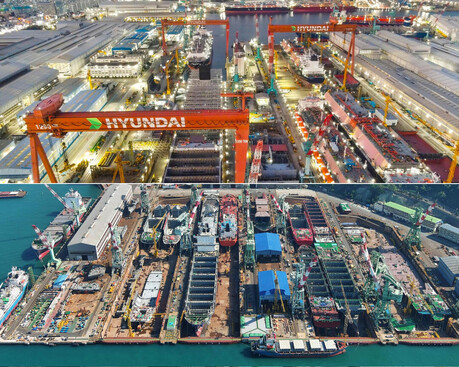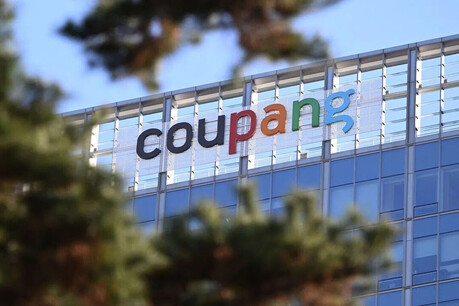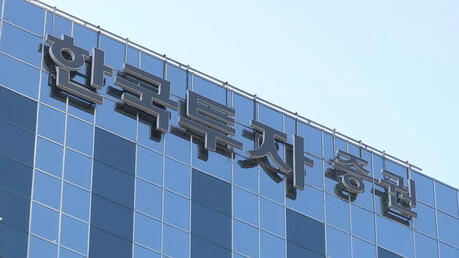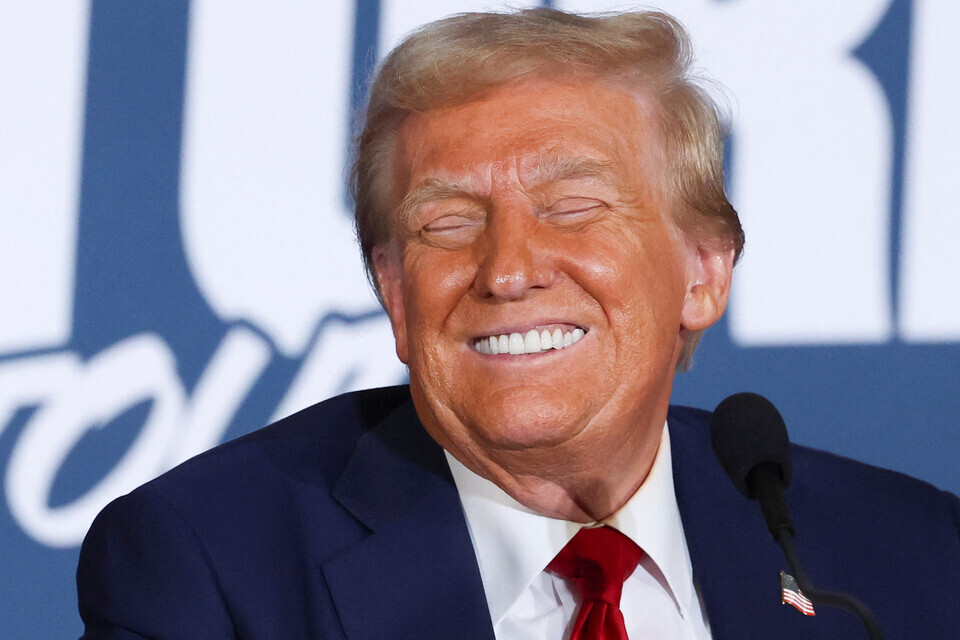
WASHINGTON, D.C. — In a move that could reshape the landscape for tech companies and high-skilled foreign workers, a new Trump administration is considering a monumental increase to the fees for the H-1B visa program. Citing a commitment to prioritizing American jobs, the administration proposes raising the annual visa fee for high-skilled professional workers from a current $1,000 to a staggering $100,000.
The H-1B visa, a coveted ticket for global talent, is issued to approximately 85,000 workers each year through a lottery system. This proposed fee hike, a hundredfold increase from the existing cost, has sent shockwaves through the tech industry. For a foreign worker seeking to stay for the typical six-year duration, the total cost would amount to $600,000—a significant financial burden that many small companies and startups may find prohibitive.
According to a proclamation reportedly signed by the President in the Oval Office, the policy is designed to pressure companies into hiring and training American citizens. Commerce Secretary Howard Lutnick reportedly endorsed the plan, stating, "The key is an annual fee. If someone is not valuable to the company and the country, they should be sent back and the company should hire an American." He further emphasized that companies should be training recent American university graduates rather than bringing in foreign talent.
The H-1B program, established in 1990, has long been a conduit for major US corporations to hire foreign workers, often at lower wages. Data cited in the report indicates that a vast majority of H-1B visas are granted to individuals from India (71%) and China (11.7%). Tech giants like Amazon, Microsoft, and Google are among the top users of the program, with Amazon alone receiving over 10,000 visa approvals in the first half of 2025.
However, the proposal has drawn sharp criticism from business leaders and venture capitalists. Didi Das, a partner at the prominent Silicon Valley venture capital firm Menlo Ventures, took to X (formerly Twitter) to express concern that such a fee would "disincentivize bringing the smartest talent from around the world to the U.S." Das warned that if the US ceases to attract the best global minds, its capacity for innovation and economic growth could be severely diminished.
Critics argue that this policy could stifle the growth of the American tech sector and harm the country's competitive edge in the global market. The new policy, if enacted, would force companies to reconsider their talent acquisition strategies and could potentially lead to a brain drain, as talented professionals look to other countries with more welcoming immigration policies.
[Copyright (c) Global Economic Times. All Rights Reserved.]





















